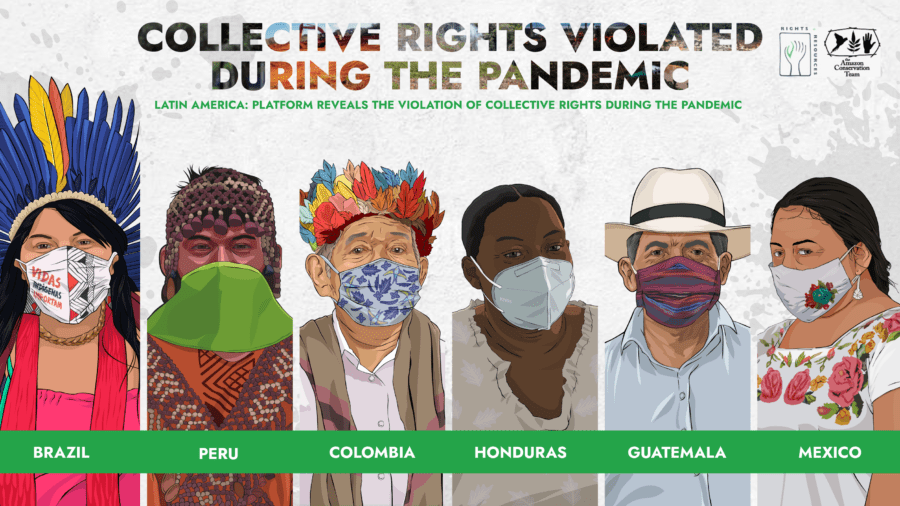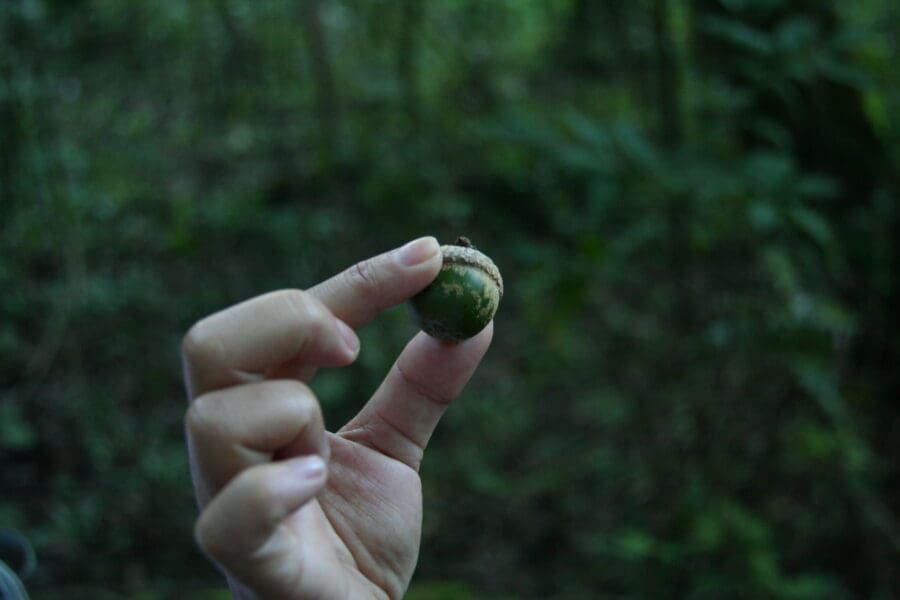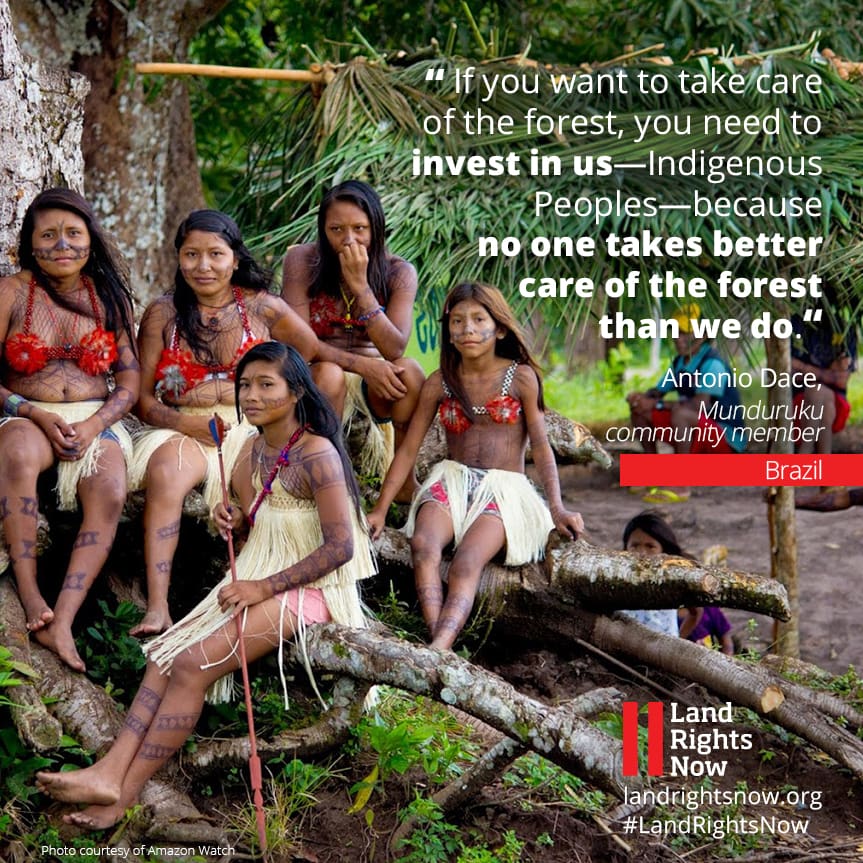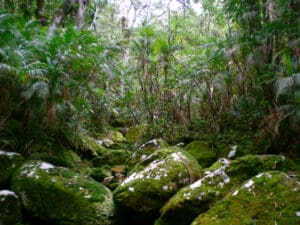The president and legal representative of the Integral Forestry Association of Cruce a La Colorada (AFICC) in the Maya Biosphere Reserve, Guatemala, shares the vicissitude she had to face as a leader, mother, and head of household.

Over 1,900 Native communities impacted by extractive and infrastructure projects during the pandemic
Platform reveals the multidimensional impact of extractive and infrastructure projects in six Latin American countries during the first two years of the pandemic. Peru and Colombia are the countries with the most affected communities.
On February 9, the Inter-American Court of Human Rights heard oral arguments in a case against the State of Guatemala that could set a precedent for Indigenous communities across Latin America, strengthening their quest for collective rights to their ancestral lands and the right to control their natural resources.
A new study from RRI documents the multidimensional impacts and multiplier effects of collective rights violations by extractive industries and infrastructure development in Latin America. The study tracks 102 cases involving Indigenous Peoples, Afro-descendants, and local communities.
Como se ve en Mongabay el 26 de Abril, 2017 Doña Neria, del campamento El Chiclero, está contenta. Es la primera vez que un grupo…
Community advocates in Brazil, Guatemala, Kenya, Taiwan, and 21 other countries call on governments, private sector to recognise that secure land rights are vital to the global struggle against climate change
Defending nature is a dangerous occupation, especially in Latin America.
Indigenous Peoples (IPs) in Guatemala are organizing in light of new threats from their government. The authorities of the Mayan Ch’orti’, Q’eqchi’, Kaqchikel, and Ixil…
Como se ve en GuateVision el 16 de marzo de 2016 Por Diego Silva. Consternación y repudio mostraron organizaciones ambientales que trabajan en Petén ante…
Family, friends and supporters of Saúl Méndez and Rogelio Velásquez, two political prisoners who had been falsely accused of femicide, kidnapping, and murder, received some…
Guatemala’s recent history bears the mark of a 36 year long, painful internal armed conflict, during which the State systematically violated the rights of the…
While much of the controversy surrounding Canada’s extractive industry centers on oil and gas projects like SWN Resources’ drilling plans in New Brunswick, Enbridge’s Line…
This week in Guatemala City, RRI Collaborator, The Maya Foundation (FUNDAMAYA in Spanish) is hosting the International Workshop: Opening paths to courts for the defense…
We asked women from across Latin America what secure collective land rights mean for them, their communities, and their countries. Here’s what they had to…
The Fourth International Workshop held in Bogota, Colombia, issues recommendations for public policy relating to indigenous, Afro-descendent, and rural women An international workshop held from…
As seen on Upside Down World Written by Jeff Abbott Wednesday, 05 August 2015 Success is rare among indigenous peoples’ struggles for land rights in Guatemala….
As seen on Upside Down World Written by Jeff Abbott Wednesday, 05 August 2015 On July 15, a judge provided the non-violent resistance of La…
Globally, and in Latin America, indigenous women, women of African descent, and peasant women continue to be the poorest and most vulnerable in economic terms…
As seen on Upside Down World. Written by Jeff Abbott Monday, 06 July 2015 20:53 The Pasión River in northern Guatemala is a disaster area. Beginning…
RRI is pleased to announce the recent international recognition of leaders of two of our Collaborator organizations in Guatemala and Perú. Mr. Marcedonio Cortave (left), Director…
As seen on GreenBiz Watching the sun rise over the temple-riddled rainforest of Guatemala’s Tikal National Park, it’s easy to understand why George Lucas chose…
As seen in Upside Down World on April 26, 2015 Over 400 families formed a peaceful encampment outside the National Palace in downtown Guatemala City…
As seen on The Nation: The temperatures are rising and so is the body count. Every year, more and more environmental activists—many of them first…
Guatemala, March 17, 2015: A new report published today by the Climate, Nature and Communities in Guatemala (CNCG) project analyzes deforestation trends in the 2.1 million-hectare Maya…






